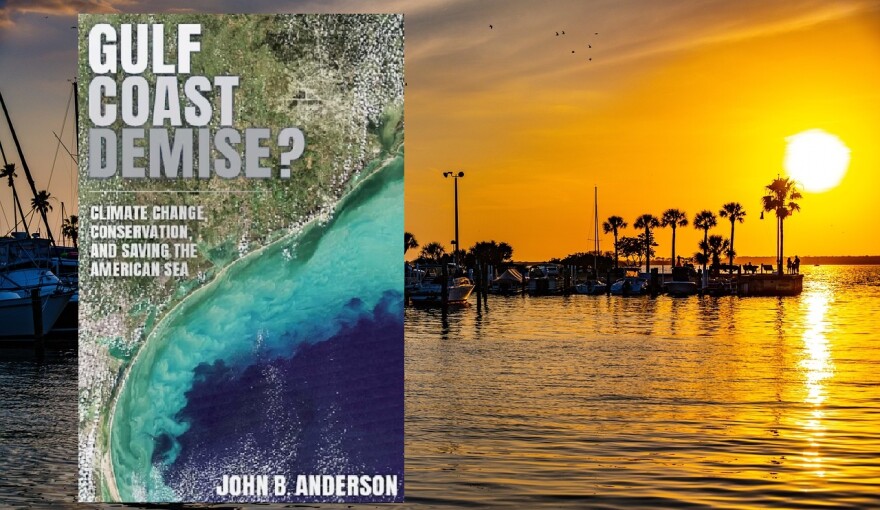If you are fortunate to be able to spend some valuable vacation time on the Texas Gulf Coast, as your toes dig into the wet sand and you inhale the salty air, take a moment to realize the United States Gulf Coast is undergoing a catastrophic transformation.
It makes no difference if you call it the Gulf of America or Mexico this sea is dealing with the collapse of vital ecosystems and the retreat of coastlines that once defined the region's natural resilience. Nowhere is this more apparent than in the Rio Grande Delta and the Mississippi River Delta. Once vibrant and ecologically rich, the Rio Grande Delta has vanished. In South Louisiana, ongoing land loss is so severe that scientists predict the Mississippi River Delta could be virtually gone by 2050.
This erosion crisis spans the entire Gulf Coast. Barrier islands are being stripped away, peninsulas are fragmenting, and the chenier plains—unique ridges formed by alternating mud and sand deposits—are eroding faster than ever. The region's delicate wetlands and seagrass meadows, crucial for biodiversity and coastal protection, are disappearing at alarming rates. Estuarine systems, including the Gulf’s largest estuaries, are nearing ecological collapse, with bayhead deltas poised for rapid landward retreat within decades.
These alarming developments represent a historic reversal. For millennia, natural sedimentation from rivers maintained a dynamic but stable coastal environment. However, human intervention, especially the construction of levees, canals, and dams, has disrupted these sediment flows. Compounding the damage is a six-fold increase in sea-level rise during the modern era, driven by climate change. This dual assault has stripped the coast of its natural defenses.
Meanwhile, warming ocean temperatures are intensifying storms. Hurricanes that once developed slowly now explode into powerful systems just before landfall, leaving communities with little time to prepare. The Gulf states, however, remain largely unprepared, often prioritizing short-term development over long-term sustainability.
In "Gulf Coast Demise? Climate Change, Conservation, and Saving the American Sea," John B. Anderson offers a sobering account of this unfolding disaster. Combining decades of research with a passionate plea for conservation, Anderson documents the Gulf’s collapse and urges immediate action. His message is clear: without coordinated federal, state, and local efforts to restore natural sediment delivery and mitigate climate impacts, the American Gulf Coast as we know it will disappear, along with the communities, economies, and ecosystems that depend on it.
Guest:
John B. Anderson is the author of “Gulf Coast Demise? Climate Change, Conservation, and Saving the American Sea.” It’s published by Texas A&M University Press. He is the W. Maurice Ewing Professor of Oceanography Emeritus at Rice University. Anderson and his students have conducted 22 scientific expeditions to Antarctica, and he has authored more than 280 peer-reviewed publications and numerous books, including The Formation and Future of the Upper Texas Coast and Antarctic Marine Geology. Anderson is a fellow of the Geological Society of America and served as president of the Society of Sedimentary Geology, 2003–04. A Houston resident, he also received the 2007 Shepard Award for excellence in Marine Geology.
The Source" is a live call-in program airing Mondays through Thursdays from 12-1 p.m. Leave a message before the program at (210) 615-8982. During the live show, call 833-877-8255, email thesource@tpr.org.
This episode will be recorded on Tuesday, July 29, 2025.



